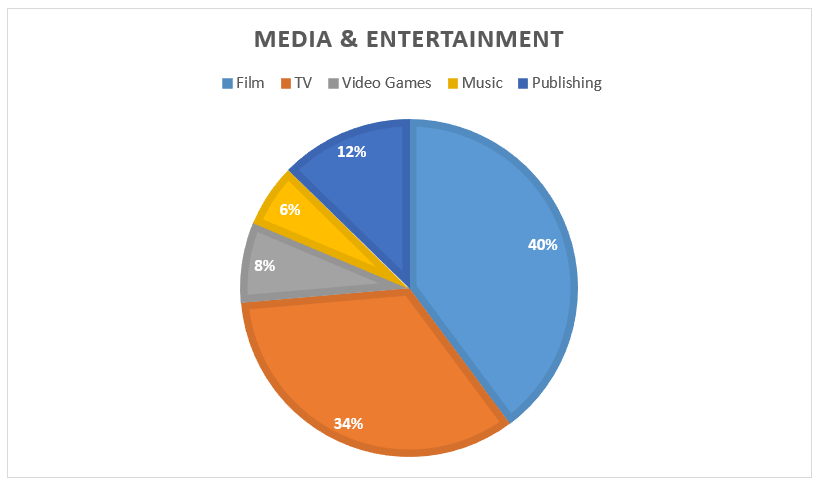Buzz Haven: Your Source for Trending Insights
Stay updated with the latest buzz in news, trends, and lifestyle.
Reality TV: The Genre That Just Won't Die
Explore why reality TV continues to dominate our screens and captivate audiences—discover the genre that just won't die!
The Evolution of Reality TV: From 'Survivor' to Social Media Stars
The landscape of reality television has undergone a significant transformation since the debut of 'Survivor' in 2000. Initially, reality TV was focused on competition, survival, and challenges set against exotic backdrops, capturing audiences with the raw emotions and strategic gameplay of the contestants. As shows like 'Big Brother' and 'The Amazing Race' emerged, the genre began to diversify, tapping into various themes such as romance, talent, and lifestyle. This evolution paved the way for the next wave of reality television, where storytelling and personal narratives became as critical as the competitions themselves.
In recent years, the rise of social media has profoundly altered the dynamics of reality TV. The advent of platforms like Instagram and TikTok has given birth to a new breed of social media stars who often eclipse traditional reality TV personalities in terms of fame and influence. Shows such as 'The Real World' and 'Keeping Up with the Kardashians' have evolved from mere entertainment to platforms that launch careers and brands. Today, reality TV contestants can leverage their screen time to cultivate online followings, leading to lucrative opportunities in marketing, sponsorships, and content creation far beyond the television screen.

Why Reality TV Continues to Captivate Audiences: A Deep Dive
Reality TV has become a cultural phenomenon, captivating audiences around the globe with its unscripted drama and relatable characters. One of the primary reasons for its enduring appeal is the authenticity it promises. Viewers are drawn to the idea that they are witnessing real-life situations unfold before their eyes, providing a sense of connection to the participants. This format allows audiences to invest emotionally in the lives of the contestants, fostering a community and a shared experience. The unpredictability of reality television also keeps viewers on the edge of their seats, making them eager to tune in week after week.
The diversity of reality TV formats, from competition-based shows to docuseries, further enhances its reach and relevance. Programs like Survivor and The Bachelor cater to different tastes, appealing to various demographics. Additionally, the incorporation of social media allows fans to engage with the content on a deeper level, discussing episodes and sharing opinions in real-time. This multifaceted interaction not only strengthens the bond between the show and its audience but also expands its viewer base. Ultimately, the engaging storylines, relatable personalities, and interactive experience are key elements that explain why reality TV continues to captivate audiences.
Is Reality TV Losing Its Appeal? Examining the Trends and Future
The charm of reality TV has captivated audiences for decades, but recent observations suggest that reality TV is losing its appeal. Viewership statistics reveal a noticeable decline in key demographics, particularly among younger audiences who now gravitate towards streaming platforms and original content that offers more authenticity and relatable narratives. Many are beginning to question the authenticity of the characters and scenarios presented, as they increasingly resemble scripted dramas rather than genuine human experiences. This shift in viewer preference signals a potential turning point in the genre and raises the question: what does the future hold for reality television?
As we delve into the trends shaping the landscape of reality TV, it's important to note the emerging formats that are capturing attention, such as competition shows that emphasize skill and creativity over staged drama. Additionally, audiences are seeking more diversity and representation in programming, prompting producers to rethink casting decisions. Engagement in social media conversations around shows has also become a significant factor in their success, meaning that the interaction between viewers and content is more crucial than ever. If reality TV is to regain its footing, it will need to evolve and adapt to these shifting cultural expectations, ensuring that it remains relevant in an ever-changing entertainment ecosystem.